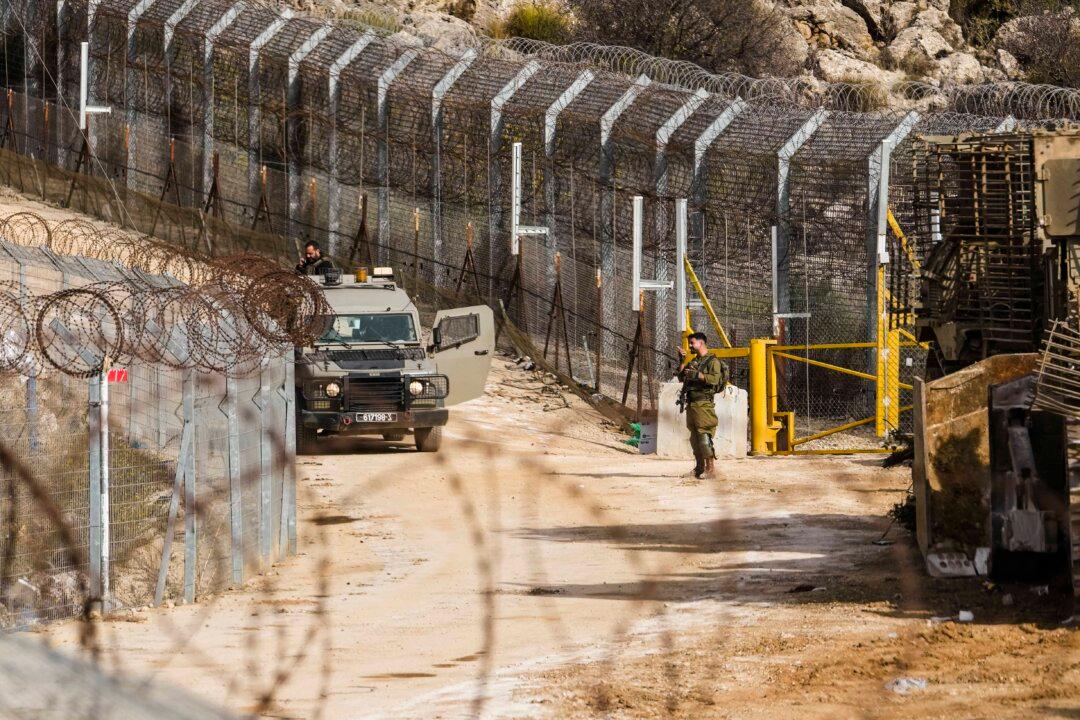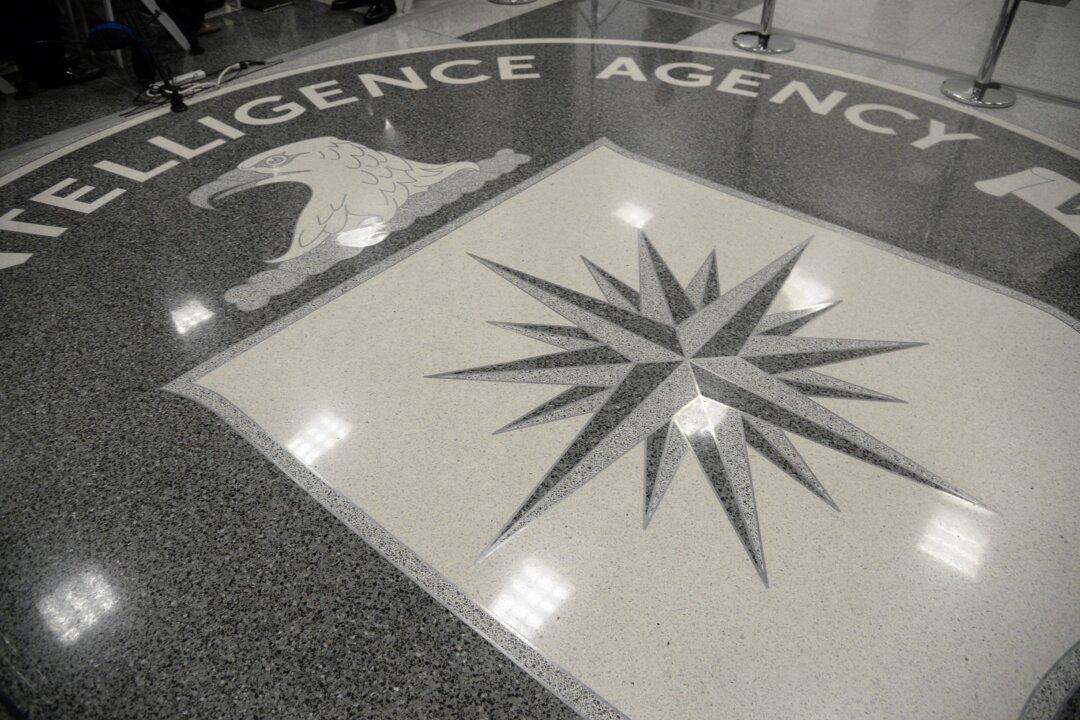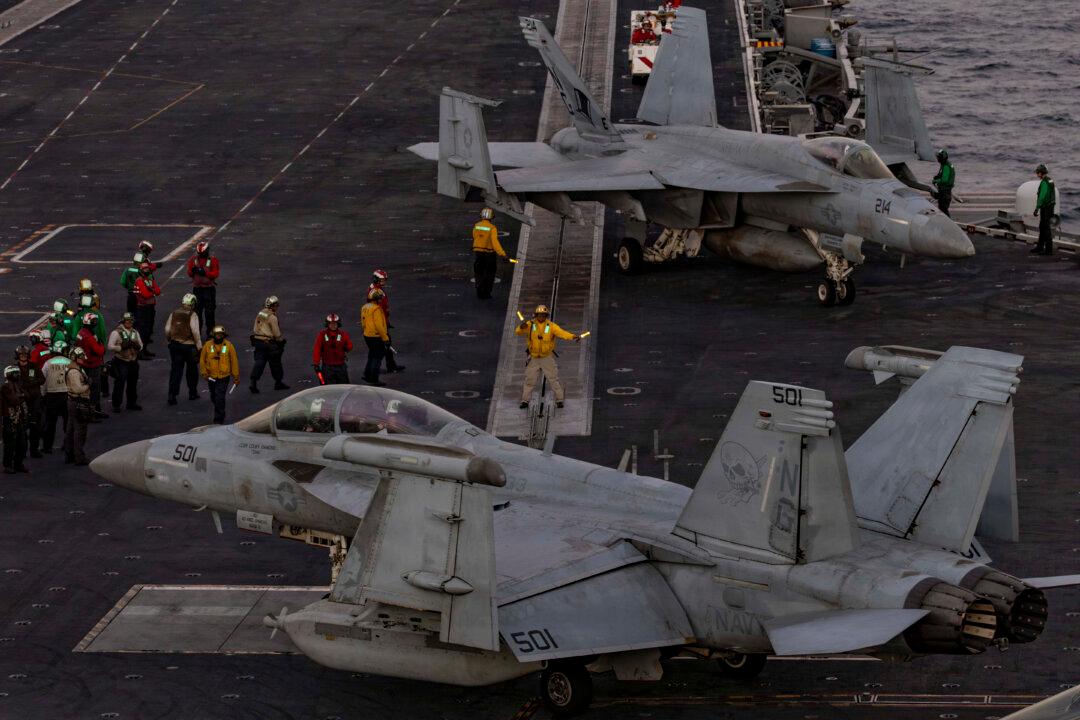Israeli Defense Minister Israel Katz has ordered the country’s troops who reoccupied the buffer zone between Syria and Israel to dig in and prepare to stay there through the winter.
Katz’s order comes just days after insurgent forces in Syria seized control of the Syrian capital of Damascus and former Syrian leader Bashar al-Assad fled the country. On Dec. 8, as Assad’s fall from power became apparent, Israeli Prime Minister Benjamin Netanyahu declared a 1974 deconfliction agreement between Israel and Syria to be void and ordered Israeli forces to establish a security zone in the buffer zone, including the strategically valuable high ground around Mount Hermon.





